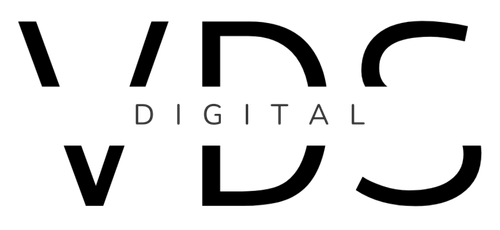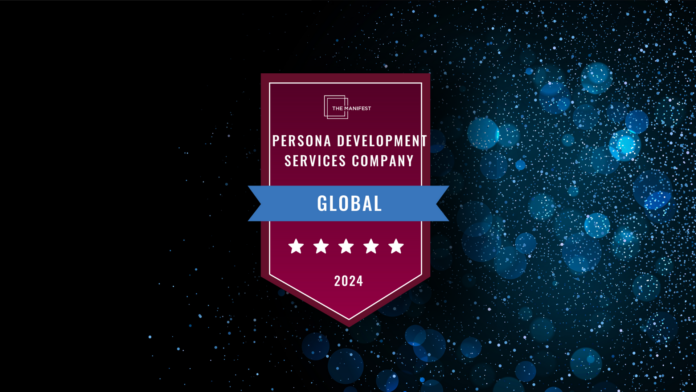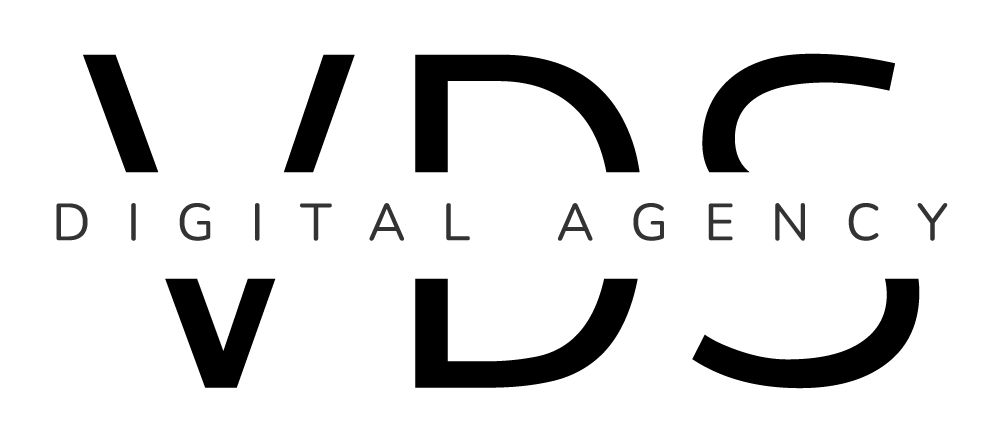In today’s fast-paced, costly digital media world, small businesses and non-profit organizations rapidly invest in marketing to expand their reach and generate leads. However, without a large investment, not being able to grow fast like a large business often discourages small businesses from investing in digital media—despite its growth potential—especially on platforms like Instagram and LinkedIn, which already promote digital media products through their algorithms.
For small businesses and non-profits, balancing the need for growth with limited resources can be challenging. However, by focusing on strategies that leverage the strengths of their brand and engaging authentically with their audience, small businesses can achieve impactful results. Organic marketing and sponsored marketing can both play a critical role in this process by enabling these businesses to build strong, lasting relationships with their customers.
Organic Marketing
Organic Marketing—an element of UX Marketing—refers to strategies that naturally generate traffic and engagement without the need for paid advertisements. This includes content marketing, social media engagement, search engine optimization (SEO), and word-of-mouth referrals. The primary goal of organic marketing is to cultivate a loyal audience that values and trusts your brand, ultimately leading to sustainable growth over time.
+ AUTHENTIC ENGAGEMENT — Organic marketing creates a genuine connection with your audience. It is content that resonates naturally with people and is more likely to be shared, discussed, and build loyalty, which are essential themes for long-term business success.
+ COST-EFFECTIVE — While organic marketing requires time and effort, it doesn’t demand a large budget. Businesses can build a strong online presence without spending a fortune on ads. Over time, this can result in a more sustainable and cost-effective marketing strategy.
+ LONG-TERM VALUE — Organic content, such as blog posts, social media updates, and SEO-optimized webpages, can continue to attract traffic long after they are published. This provides ongoing value and can generate consistent leads without additional investment.
+ BRAND AUTHORITY — By consistently delivering high-quality content that addresses your audience’s needs and interests, your business can establish itself as an authority in its niche. This not only attracts customers but also positions your brand as a trusted source of information.
However, organic marketing has some drawbacks to consider:
– TIME-CONSUMING — Organic marketing is a gradual process that requires patience and persistence. It can take months or even years to see significant results, which can be challenging for businesses seeking rapid growth.
– UNPREDICTABLE RESULTS— Unlike paid marketing, where results tend to be more predictable, organic marketing efforts can vary in effectiveness. What works for one piece of content may not work for another, making it difficult to predict outcomes.
– REQUIRES CONTINUOUS EFFORT — To maintain visibility and engagement, organic marketing demands consistent effort. Businesses must regularly produce and share content to stay relevant, which can be resource-intensive.
Sponsored Marketing
Sponsored marketing involves paying for advertisements or sponsored content to quickly reach a broader audience. This can include pay-per-click (PPC) ads, social media ads, influencer partnerships, and sponsored posts. Unlike organic marketing, sponsored marketing offers immediate visibility and a quick boost in traffic. If one’s organization has excess funds, wants to grow its following base rapidly, or is starting a new venture, sponsored marketing is an excellent way to accelerate your growth.
This is especially true because of the rise of the creator economy. As consumers become more discerning, the importance of authentic, trust-based relationships is vital. Audiences are now shifting to prefer creators in advertisements and companies are starting to invest more in them. In fact, the creator economy is going to become an estimated $156.37 billion by the end of 2024. Consumers increasingly value transparency and authenticity, which are key elements of a successful organic marketing strategy.
+ REACH LARGE NUMBERS QUICKLY — Sponsored marketing allows your business to reach a vast audience in a short amount of time. This approach is particularly effective for driving immediate awareness and engagement, helping your brand make a quick impact in the market.
+ PRECISE TARGETING — Sponsored marketing enables you to target specific regions, demographics, or interest groups with precision. This means you can tailor your message to resonate with the exact audience you want to reach, increasing the likelihood of engagement and conversion.
+ SCALABILITY— Sponsored marketing is highly scalable, allowing you to adjust your budget and campaign parameters to meet your specific goals. Whether you’re a small business looking to expand locally or a large corporation aiming for global reach, sponsored ads can be tailored to fit your needs.
However, sponsored marketing has some drawbacks to consider:
– COSTLY — Sponsored marketing can be expensive, and many businesses may not have the budget to spend thousands of dollars on advertisements or content creators. This high cost can be a significant barrier for smaller businesses or startups.
– POTENTIAL FOR FAKE LEADS — Ads don’t always resonate with everyone, and there’s a risk of attracting fake leads or disengaged users. Many people have developed a resistance to advertisements, which can result in lower engagement and wasted ad spending.
– DIFFICULTIES WORKING WITH META OR CREATORS — Navigating sponsored marketing on platforms like Meta (formerly Facebook) can be challenging. Meta often imposes limitations on ads, especially on sensitive topics like political content, which can hinder media organizations and others from reaching their intended audience effectively. Additionally, working with content creators can bring its own set of challenges, including negotiations and ensuring alignment with your brand’s values and goals.
The Power of Combining Organic and Sponsored Marketing
Sponsored and organic marketing each offers distinct benefits and challenges, making them complementary strategies in a well-rounded marketing approach. Organic marketing is invaluable for building long-term trust and loyalty, offering cost-effective growth through authentic engagement and content that resonates with your audience. However, it requires patience and sustained effort, as results take time. Sponsored marketing, on the other hand, delivers quick visibility and the ability to precisely target specific audiences, making it ideal for achieving rapid growth or supporting short-term campaigns. The drawback, however, lies in its cost and the potential for fleeting impacts if not continually invested in.
The most effective marketing strategy is one that harnesses the strengths of both organic and sponsored approaches. While organic marketing builds a strong foundation over time, fostering trust and loyalty, sponsored marketing provides the immediate visibility and reach needed to propel your brand forward quickly. By integrating these two strategies, you can achieve a balanced, comprehensive approach that not only targets quick wins but also ensures long-term, sustainable growth.
The VDS way
At VDS, we pride ourselves on offering a tailored approach to meet your unique business needs. We strategically utilize both organic and sponsored marketing, either separately or in combination, to craft a customized solution that aligns with your goals. Our commitment to delivering a user-centered marketing experience ensures that your brand not only reaches its intended audience but also builds lasting relationships. With VDS, you can trust that your marketing strategy is in expert hands, designed to deliver both immediate results and enduring success.






